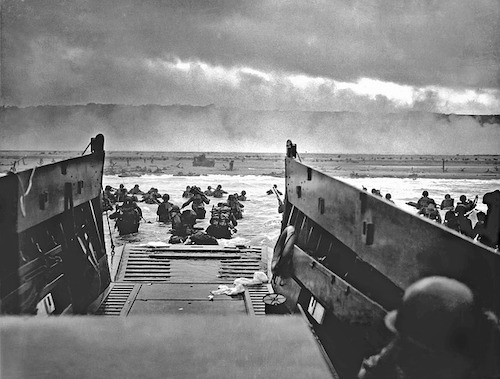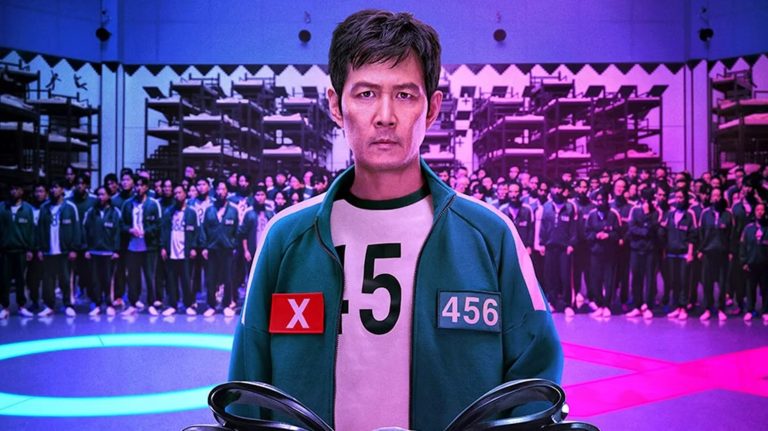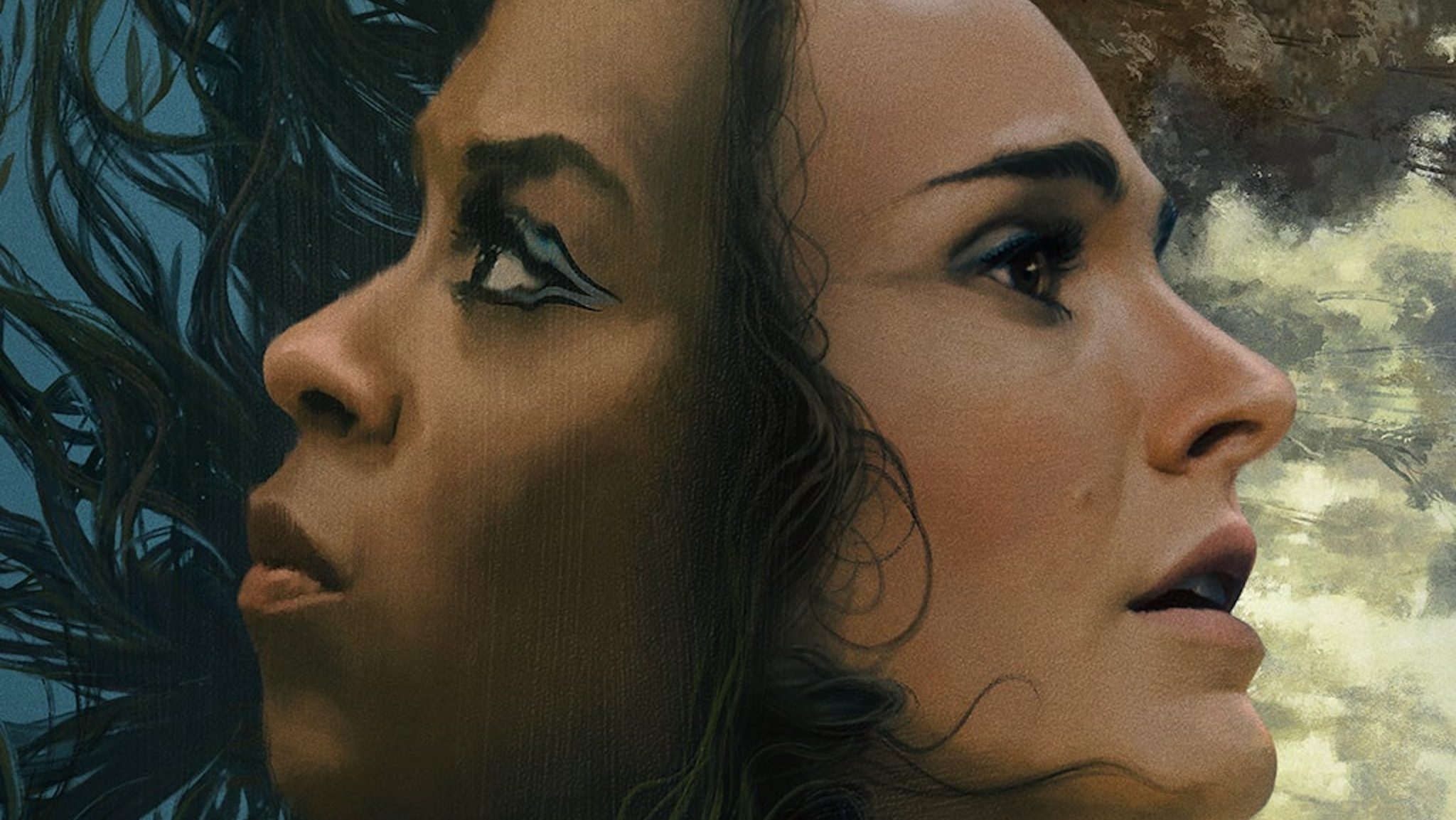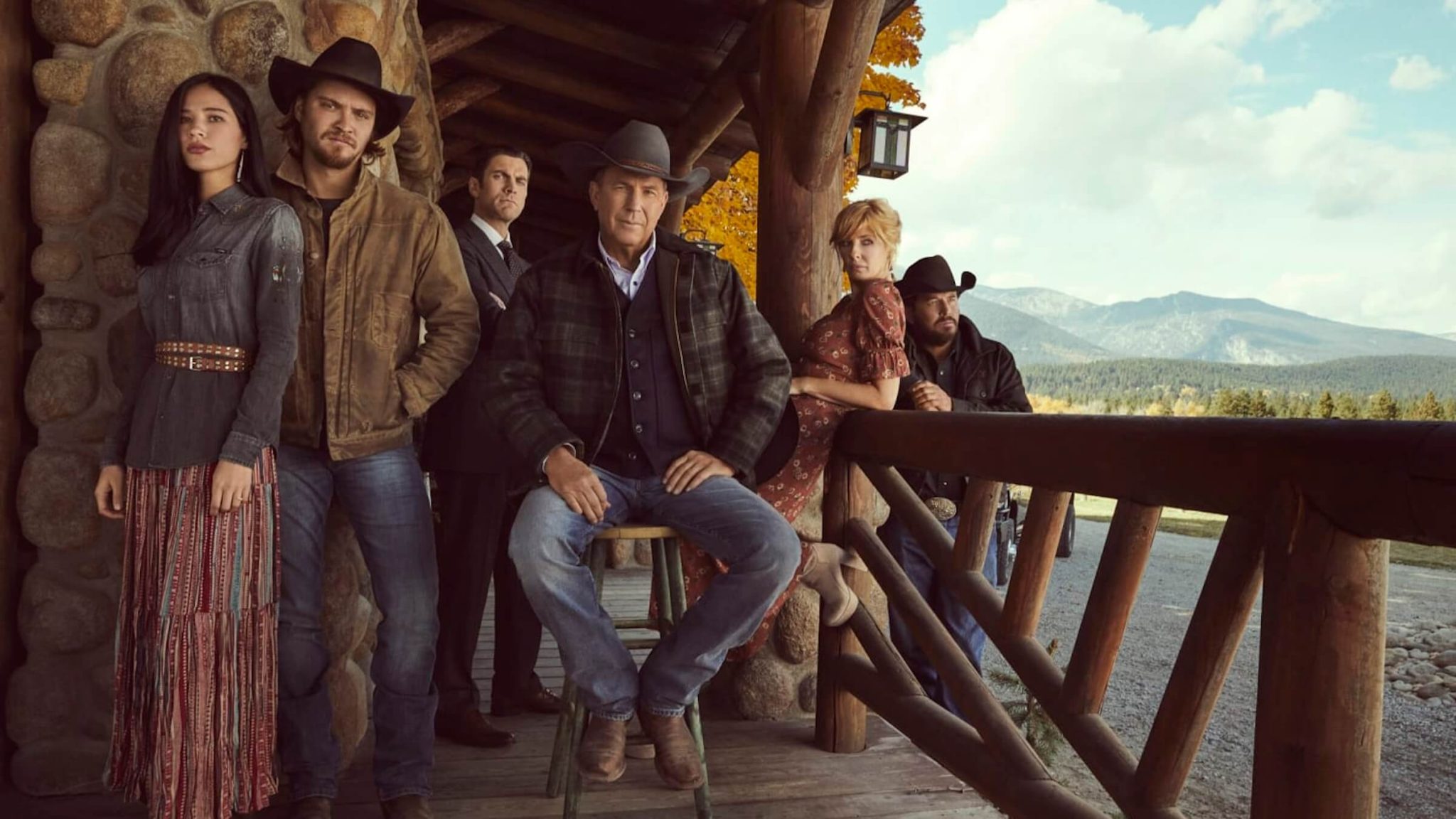7 Things to Remember While Researching Your Screenplay

What are some critical pieces of advice to remember when you're researching your screenplay?
Research is a critical factor in developing a compelling cinematic story; whether it's studying the world that your fictional character will inhabit or learning everything you can about the real-life figure or event you'll be featuring within your script.
Here are seven things to remember as you begin your research.
1. Research Is the First Step of Your Screenwriting Process
Research is the first workload within your process. You have to do the leg work to craft a believable character or world, as well as the story set within the confines of those two elements.
So before you write a single word, this research work has to be done and time has to be set aside to do it.

Scripts based on true stories can call for months upon months of research while fictional scripts may only call for a single month.
Everyone has their own process, but the one undeniable factor of writing is that the research needs to be done first. It's necessary information that needs to be in your head before you write.
So be sure to set aside a certain amount of time for this vital part of your writing process.
2. Research Isn't Just About Finding Facts
When some writers hear the term research, they apply that to reading a lot of books and knowing the terminology, the ins and outs, and history of the subject they are writing about.
While that type of information is useful to explore, research is so much more than knowing what a character should call someone or something.
Research isn't just about fact-finding and ensuring that pundits won't be able to debunk your characters, stories, and worlds. It's not just about making your script as realistic as it can be.
Watching movies and embedding yourself within content centered around the types of characters you want to create, the kinds of worlds they will inhabit, and the tone and atmosphere you feel your stories call for are vital to the success of your script. That is research.

When you choose a particular genre, you should be embedding yourself within that genre to explore what works, what doesn't work, and what you can use to enhance the genre appeal of your cinematic story.
When you choose a particular character type, you should be watching every movie that features a character with similar traits.
When you choose a particular world that this character inhabits, you should be watching every movie, television series, or documentary that covers this world.
This type of research feeds your brain with imagery and context that your imagination needs to craft your original story. You may not even be consciously aware that you're using your research as you write, because you've taken the time to ingest so much that your brain will cherry pick that imagery and information that best applies to the story you are telling.
3. Don't Be Afraid to Research Other Media Platforms
Just because you're writing a movie doesn't mean you only research other movies.
Just because you're writing a television series doesn't mean you only research other television series.
Just because you're writing for the screen doesn't mean you only research movies and television.
When you're in this research phase of your writing process, you need to immerse yourself within whatever character types and worlds you're about to feature in your writing.
Read books. Read magazine articles. Read Wikipedia pages. Read online articles. Watch interviews and documentaries.
Your research phase is all about saturating your brain with information from all kinds of sources. When you do that, by the time you start writing, you'll be able to navigate through that character type and world with ease.
4. Avoid Adapting Research Books You Don't Have the Rights To
A common (and sometimes costly) mistake screenwriters make is using a single book or documentary for all of their research.
If you're writing a true story about an actual historical event, you can't find a non-fiction book on the subject and just adapt those facts into a feature film or television series — especially when you don't have the adaptation rights.
Many of those books are offering exclusive information that is the result of interviews and specific research. If you pull all of your information from a single book, you'll be looking at a lawsuit down the road.
Instead, choose multiple books on the subject and instead of pulling specific moments and words, capture the feel of particular cinematic elements within the research and apply them to the context of the story you want to tell.
For example, we all know that Saving Private Ryan was a fictional tale centered within a non-fiction series of events (Normandy and WWII as a whole). If you were writing that script, you'd naturally embed yourself within the research. You'd find exciting and compelling stories. But instead of retelling a specific true life story of a soldier's experience on the beaches of Normandy, you'd capture the essence of that moment and write your own version of it.

It's indeed a slippery slope when it comes to dealing with historical events that involve the stories of specific real people within those events, but the best way to avoid legality issues is to do a lot of research on the subject from multiple sources and then just tell your version of those events. That's where creative liberty often falls into place.
Discover 20 properties from the public domain that you can adapt for free with this free guide.
5. Don't Let the Research Dictate Your Story
The story should dictate the research, not the other way around.
Many screenwriters can fall into the trap of relying too much on the research they've done or giving that research too much weight.
We don't need to know the exact model of the gun that your villain's henchmen are wielding. Write machine gun instead of MK 14 Mod 0 Enhanced Battle Rifle. Write Special Forces drone instead of MQ-1C Grey Eagle. The script reader will appreciate any form of simplicity.

Research isn't about capturing facts to cut and paste into your script. And it certainly isn't about allowing what you find within your research to dictate the story that you want to tell — unless you find something that is more compelling.
Most of the research you do is best represented subtly within your script. The research should augment your story, not take it over.
6. Keep Your Research as Organized as You Need It to Be
Depending upon the type of story you're telling, you need to keep the types of records that the screenplay calls for.
On the one hand, if you're writing a true story, you should be keeping some records within documents or note-taking Apps or software. These records can record the facts that need to be remembered while writing your story. Those facts may be for the characters, locations, or specific dates. It's also smart to keep notes of your sources as well, just in case you sell the script and the studio lawyers (fact checkers) come calling.

On the other hand, if you're writing a fictional story, you may not need to keep as many records. Don't fall into the trap of over-researching a subject. The crucial elements you find will usually stick in your brain. The visuals and imagery you intake will often stick to the story and character elements you're developing.
There's no need to create a bible of information, most of which you'll never use. When you saturate your mind with a month or more of research, all of the elements you'll need will stand out. You'll know what needs to be logged in somewhere and you'll know what is likely just visual flair to reference while you're writing.
7. Remember That Research Matters
Research matters. Screenwriters need to jump into the ocean — books, movies, documentaries, etc. — of whatever world, topic, or character type that they are writing.
Personal interviews are key as well. Find police officers, doctors, soldiers, office managers, car salespeople, teachers, or whatever character type to interview. The material that you can get from them is so valuable by the time you sit down to write the script. Anecdotes that they offer can turn into some fantastic scenes. Personal ticks or traits that you see during their interviews can be applied to your characters.
Research helps with writer’s block as well. If you get stuck somewhere in your script, go back to your research. Watch similar movies, watch documentaries, read some books, etc.
Read ScreenCraft's 7 Reasons Why “Writer’s Block” is BS!
The research you do will open you up to those worlds and those characters. At the very least, it will just get you into the frame of mind and imagination to tell the story you want to tell.
Ken Miyamoto has worked in the film industry for nearly two decades, most notably as a studio liaison for Sony Studios and then as a script reader and story analyst for Sony Pictures.
He has many studio meetings under his belt as a produced screenwriter, meeting with the likes of Sony, Dreamworks, Universal, Disney, Warner Brothers, as well as many production and management companies. He has had a previous development deal with Lionsgate, as well as multiple writing assignments, including the produced miniseries Blackout, starring Anne Heche, Sean Patrick Flanery, Billy Zane, James Brolin, Haylie Duff, Brian Bloom, Eric La Salle, and Bruce Boxleitner. Follow Ken on Twitter @KenMovies
For all the latest ScreenCraft news and updates, follow us on Twitter, Facebook, and Instagram.
Tags
Get Our Screenwriting Newsletter!
Get weekly writing inspiration delivered to your inbox - including industry news, popular articles, and more!



























